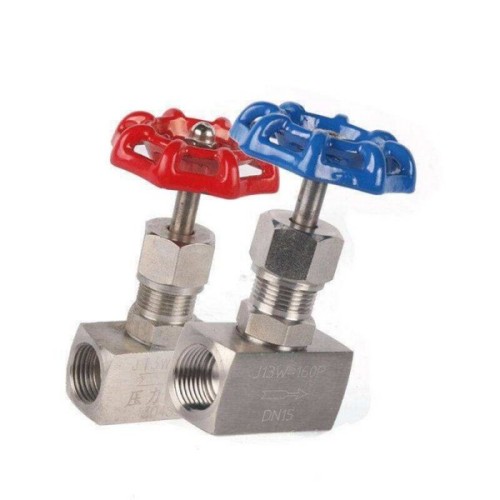micro needle valve
Understanding Micro Needle Valves Precision in Fluid Control
Micro needle valves are essential components in a variety of industries where precise control of fluid flow is critical. Typically used in applications such as medical devices, laboratory instruments, and agricultural systems, these valves allow for fine adjustments in the flow rate of liquids and gases. This article delves into the design, functionality, and advantages of micro needle valves, shedding light on their importance in modern technology.
The primary function of a micro needle valve is to regulate the flow of fluids. Unlike traditional valves, which may offer broad control ranges, micro needle valves are designed for high precision. They feature a tiny, tapered needle that fits into a corresponding seat, allowing for incredibly accurate adjustments. This design enables users to finely tune the flow rate, making them ideal for applications where even the slightest change can impact performance.
One of the key advantages of micro needle valves is their size. Their compact design allows them to fit into tight spaces without compromising functionality. This characteristic is particularly beneficial in the medical field, where equipment often needs to be both small and efficient. For instance, in intravenous systems, micro needle valves help ensure that medication is delivered in precise doses, improving patient safety and treatment efficacy.
micro needle valve

Moreover, the materials used in the construction of micro needle valves contribute to their effectiveness. They are typically made from high-quality materials such as stainless steel, brass, or specialized polymers that resist corrosion and wear. This durability ensures a long service life, reducing the need for frequent replacements and maintenance.
In laboratory settings, micro needle valves play a crucial role in experiments where accurate fluid measurement is paramount. For instance, in chromatography, these valves control the flow of solvents through columns, substantially affecting the outcomes of chemical analyses. The ability to finely adjust flow rates allows researchers to optimize their experiments, leading to more reliable and reproducible results.
Agricultural applications also benefit from the use of micro needle valves. In irrigation systems, these valves can control water flow to specific areas, promoting efficient water usage and healthier crop growth. By regulating water delivery, farmers can minimize waste while maximizing crop yields, contributing to sustainable agricultural practices.
In conclusion, micro needle valves are indispensable tools across various industries. Their ability to provide precise control over fluid flow makes them vital in applications where accuracy is key. As technology continues to advance, the demand for such precise fluid control solutions is expected to grow, further solidifying the role of micro needle valves in innovative designs and systems. Whether in healthcare, research, or agriculture, these valves exemplify the importance of precision engineering in enhancing productivity and performance.
-
The Key to Fluid Control: Exploring the Advantages of Ball Valves in Industrial SystemsNewsJul.09,2025
-
The Versatile World of 1, 2, and 3 Piece Ball ValvesNewsJul.09,2025
-
Stainless Steel Ball Valves: The Ideal Choice for Efficient Flow ControlNewsJul.09,2025
-
Optimizing Fluid Control with Ball Float ValvesNewsJul.09,2025
-
Manual Gate Valves: Essential for Control and EfficiencyNewsJul.09,2025
-
Everything You Need to Know About Butterfly ValvesNewsJul.09,2025
-
The Versatility of Wafer Type Butterfly ValvesNewsJul.08,2025




